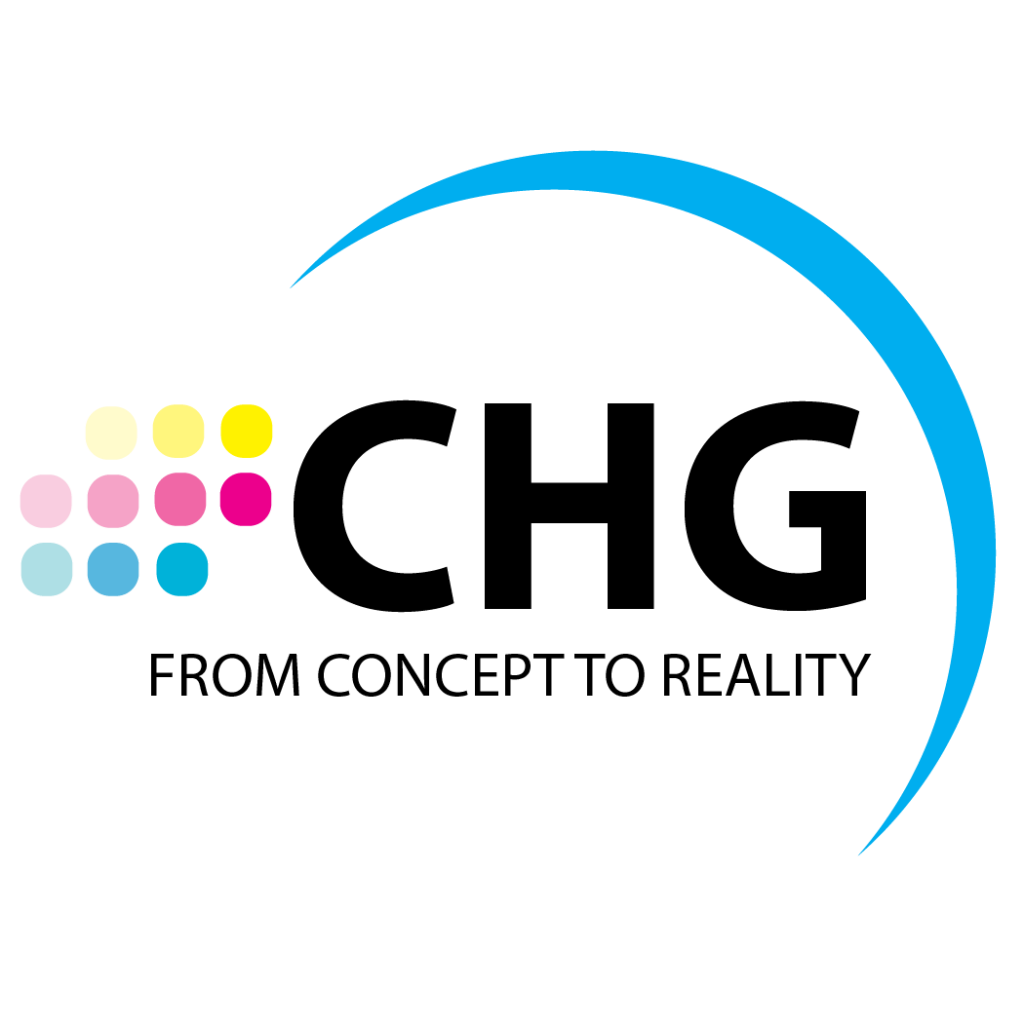AI In Publishing: Challenges and Ethical Considerations
AI is reshaping publishing by streamlining production and content creation, but it also raises ethical and legal concerns. Publishers must find ways to maintain quality, protect intellectual property, and preserve human creativity.
Maintaining Quality Control and Editorial Integrity
AI can generate content quickly, but speed doesn’t always mean accuracy. While AI tools assist in drafting and editing, they lack the contextual understanding, tone, and stylistic nuances that human editors provide. AI-generated content can lead to inconsistencies, poor grammar, or factual inaccuracies without proper oversight.
Many publishers adopt a hybrid approach to maintain editorial standards—using AI to generate ideas and assist with revisions while human editors refine accuracy, style, and voice. This balance allows publishers to improve efficiency without sacrificing quality.
Best Practice: Establish editorial guidelines for AI-generated content requiring human review before publication.
Copyright and Ownership Concerns
AI-generated content raises critical copyright questions: Who owns the work—the publisher, the AI developer, or the data source that trained the AI? Current copyright laws often require significant human involvement in the creative process to protect content, leaving many AI-generated works without clear ownership.
Additionally, AI tools may inadvertently replicate existing content, creating risks of accidental plagiarism. This poses both legal challenges and threats to a publisher’s credibility.
Best Practice: Work with legal teams to develop clear AI content ownership policies and conduct plagiarism checks before publication.
Balancing Human Creativity and AI-Generated Content
AI can assist with research, trend analysis, and drafting but cannot replace human creativity. Over-reliance on AI can result in text that feels repetitive and impersonal, which can weaken audience engagement.
Publishers who integrate AI strategically—using it for research, outlining, and first drafts while human writers refine the work—can enhance productivity without losing authenticity. AI should be seen as a tool to support creativity, not replace it.
Best Practice: Encourage collaboration between AI and human authors to enhance content rather than replace the creative process.
Moving Forward with Caution and Strategy
AI is transforming publishing, but thoughtful strategies are needed to maintain quality, protect intellectual property, and preserve human storytelling. Publishers who embrace AI while ensuring ethical oversight will be best positioned for long-term success.
Color House Graphics, is committed to delivering high-quality book manufacturing solutions. Whether you need printing, binding, or production support, our team is here to help.
Looking for a trusted partner for your next project? Let’s talk.






